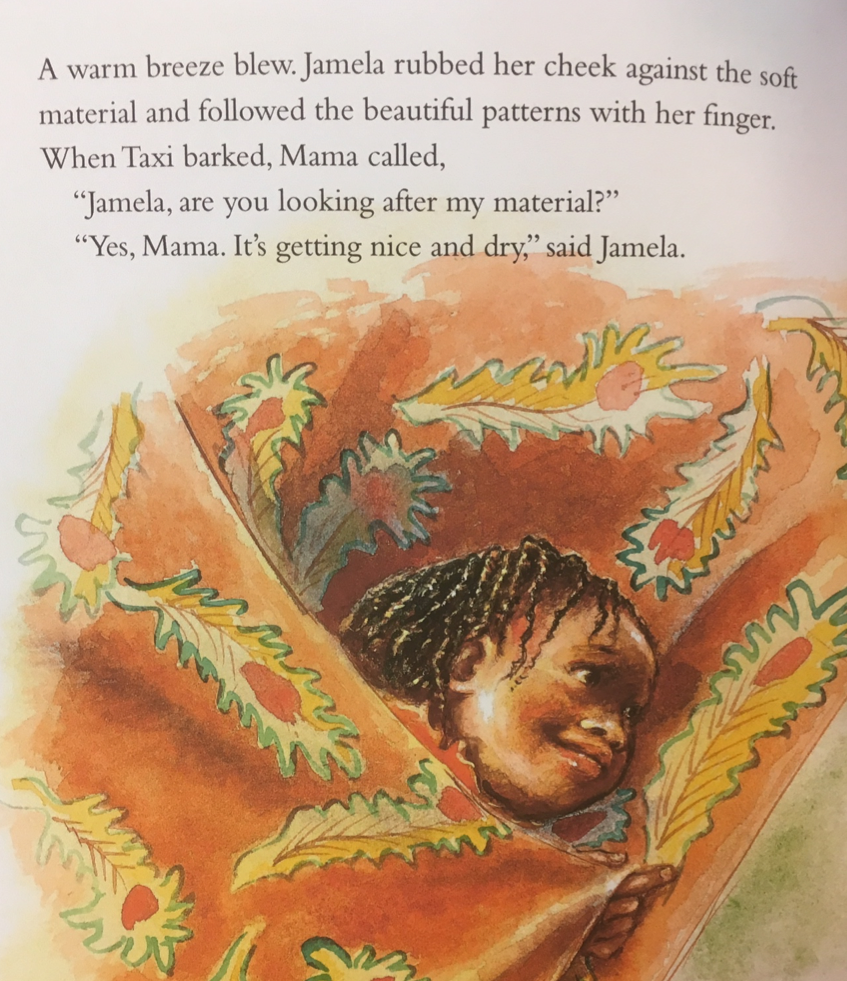02: Adjectives and expanded noun phrases
This is Lesson #2 of a unit of 10.
Teacher Slide
Objective: grammar
To understand the grammatical characteristics of adjectives and expanded noun phrases.
Objective: writing
To explore the roles that adjectives and expanded noun phrases play in writing, and to apply this to the pupils' own writing.
Terminology for pupils:
adjective, noun phrase, expanded noun phrase

I am going to choose and then describe one of these dogs. You have to listen carefully, and then tell me which one you think I am describing.
- Which words did I use to describe the dog?
Adjectives are words that we can use to describe nouns.
- Who can remember what nouns are?
Adjectives give us more information about nouns.

- How does the adjective change the way that the dog is described?
Adjectives describe nouns and give more information about them.
For example, the tired teacher, the big tree. Adjectives can occur in two places:
- They can come before a noun (for example, the happy rabbit, the cheerful fox), or
- They can come after a verb like is, am, are, were (for example, the teacher is happy).
Which words do you think are adjectives, and why? You can move the boxes around on the screen.
 The gorilla. |
How can we change the noun gorilla by adding one or more adjectives? Think about how the different adjectives you can use might change the way that the gorilla is described. |
When we use adjectives with nouns in this way, we create an expanded noun phrase.
- gorilla = a noun
- hairy = an adjective
- The hairy gorilla = an expanded noun phrase
Can you put your expanded noun phrase into a sentence?
For example:
- The hairy gorilla roared as she moved through the jungle.
 Now let’s read the opening to a story, from Jamela’s Dress by Niki Daly.
Now let’s read the opening to a story, from Jamela’s Dress by Niki Daly.
Questions for discussion:
- Can you identify the adjectives?
- What words do the adjectives describe?
- What do they tell us about the nouns?
- Can you find any expanded noun phrases?
In stories, adjectives are really important because they give readers extra information, for example in descriptions of people, places and things in stories.
Now choose one of these characters, and create a short piece of writing about them. Your aim is to give your reader a good idea of who your character is, and what they are like. Try to use adjectives to provide information and description.

Now share your writing with a partner, and discuss how adjectives and nouns are working together to give readers information and descriptions.
What three things have you learnt about adjectives today?
